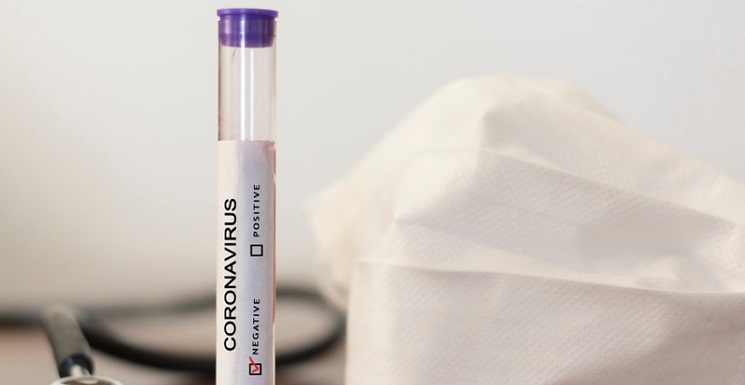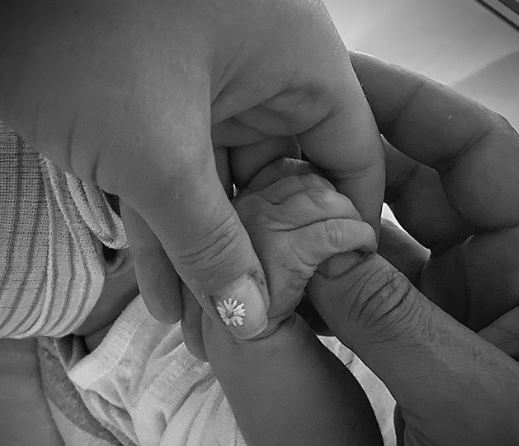A new study says men are more endangered to COVID-19 when compared to females because they produce a weaker immune response to the virus than women do.
Data gathered from more than 20 countries by the research initiative Global Health 50/50 show that men are more likely to contract severe forms of COVID-19 and die from the infection.
In Nigeria, Osagie Ehanire, minister of health, had said 70 percent of Nigeria’s COVID-19 cases are male.
The unedited manuscript of the study published by Nature Research on Wednesday suggested that men, particularly those over age 60, may need to depend more on vaccines to protect against the infection.
Advertisement
It explained that women mount faster and stronger immune responses to the virus, adding that this can be attributed to their bodies which are rigged to fight pathogens.
“By focusing our analysis on patients with moderate disease who had not received immunomodulatory medications, our results revealed that male patients had higher plasma levels of innate immune cytokines such as IL-8 and IL-18 along with more robust induction of non-classical monocytes,” the study reads.
“In contrast, female patients mounted significantly more robust T cell activation than male patients during SARS-CoV-2 infection, which was sustained in old age.
Advertisement
“Importantly, we found that a poor T cell response negatively correlated with patients’ age and was associated with worse disease outcome in male patients, but not in female patients. Conversely, higher innate immune cytokines in female patients associated with worse disease progression, but not in male patients.
“These findings reveal a possible explanation underlying observed sex biases in COVID-19, and provide an important basis for the development of a sex-based approach to the treatment and care of men and women with COVID-19.”
The study analyzed immune responses in 17 men and 22 women who were admitted to the hospital soon after they were infected with the coronavirus.
Blood, nasopharyngeal swabs, saliva, urine and stool were collected from the patients every three to seven days.
Advertisement
The researchers also obtained data from an additional 59 men and women who did not meet those criteria.
The study said men showed weaker activation of T cells, which grow worse as they age, unlike the female counterpart.
Globally, 24.3 million COVID-19 cases have been recorded as of Thursday, August 27, with 830,790 deaths while 16.92 million infected persons have recovered.
Advertisement
Add a comment






